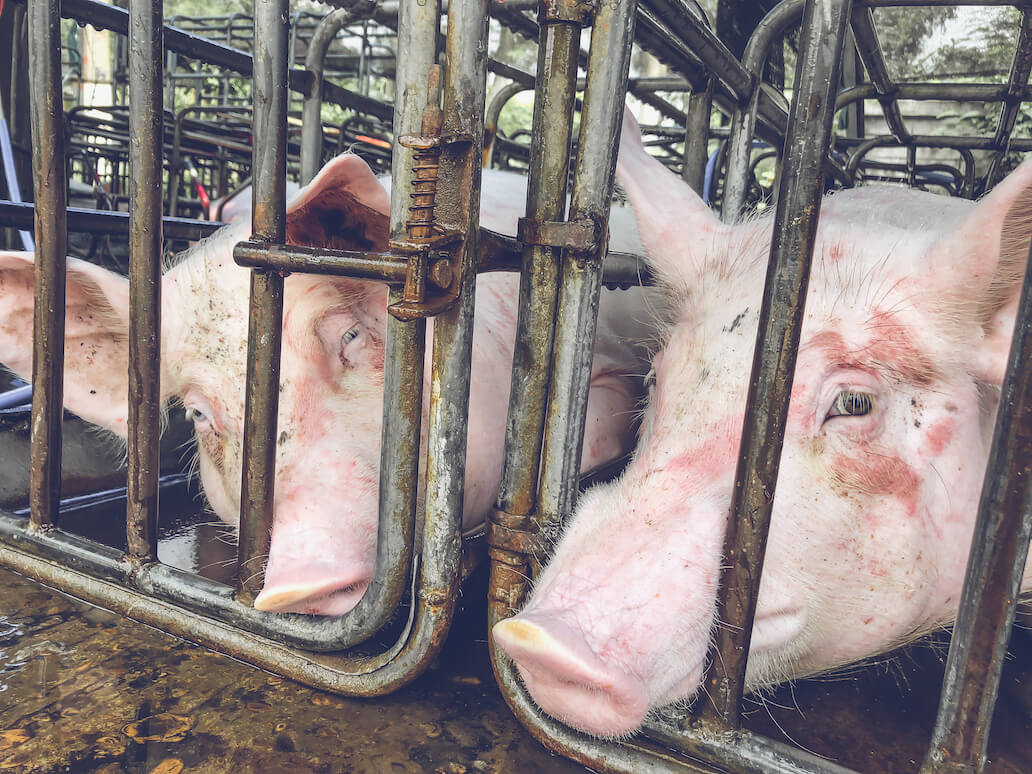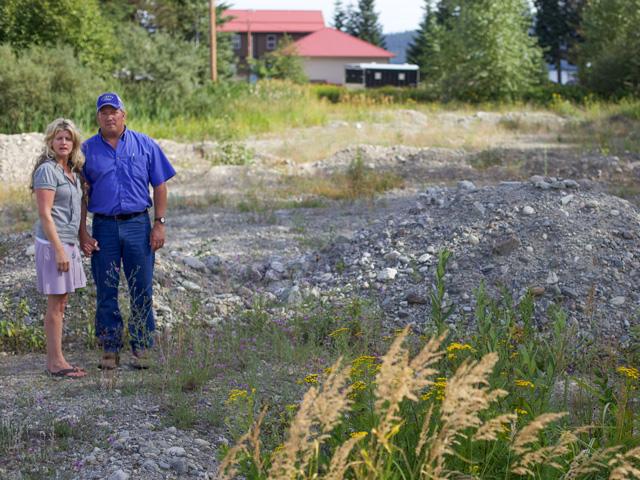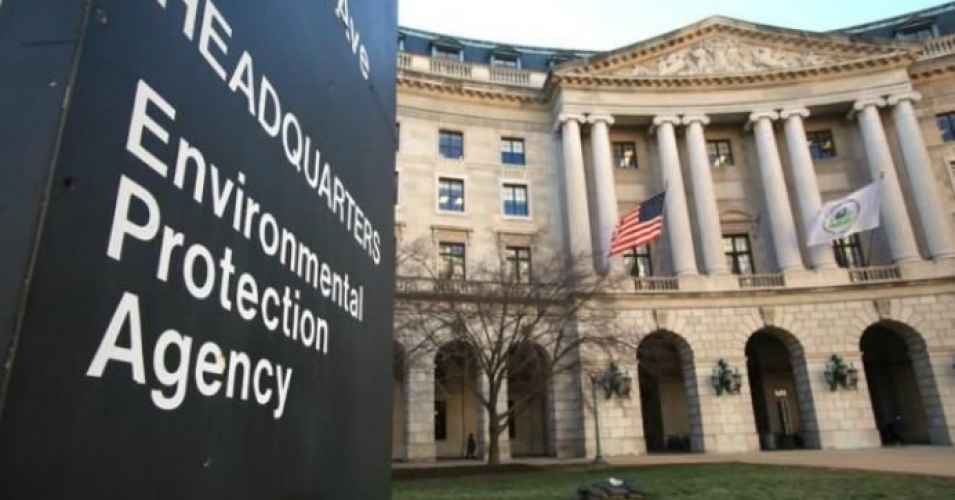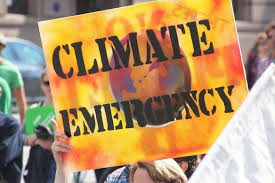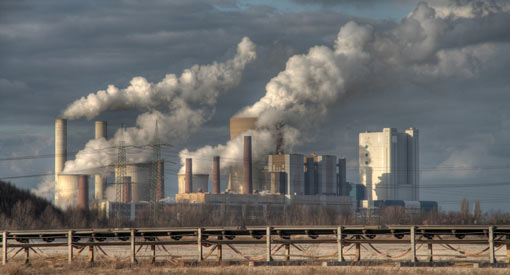Supreme Court
Animal Cruelty and Interstate Commerce
A sleeper Supreme Court case could impact state climate legislation.
A month from now, the Supreme Court will hear a case about an animal cruelty law. It’s not an environmental law case, but the ruling could impact the authority of states to address climate change. Odds are that its impact will be limited, but you can never be sure of what five Justices might decide …
Continue reading “Animal Cruelty and Interstate Commerce”
CONTINUE READINGWill the Supreme Court Gut the Clean Water Act?
We’re about to find out in an upcoming case.
What wetlands and waterbodies does the Clean Water Act protect? Congress failed to provide a clear answer when it passed the statute, and the issue has been a bone of contention ever since. The Biden Administration is in the process of issuing a new regulation on the subject. Normally, you’d expect the Supreme Court to …
Continue reading “Will the Supreme Court Gut the Clean Water Act?”
CONTINUE READINGWhat the Supreme Court Left Standing
No, the Court didn’t eliminate EPA’s ability to fight climate change.
The Supreme Court’s ruling in the West Virginia case left many people with the impression that it eliminated the government’s power to regulate carbon emissions. There are quite a number of areas of climate law that the Supreme Court has left untouched. Here’s the EPA authority the Court hasn’t touched: EPA’s jurisdiction over greenhouse gases. …
Continue reading “What the Supreme Court Left Standing”
CONTINUE READINGDeclaring a Climate Change Emergency: A Citizen’s Guide
Would it be legal to declare a national emergency for climate change? Would it be useful? Here’s what you need to know.
Based on press reports, it now seems likely that Biden will soon declare climate change to be a national emergency. Would this be legal? Would it unlock important powers that could be used to fight climate change? My answers are: It would probably be legal, and it would unlock some significant powers. But an emergency …
Continue reading “Declaring a Climate Change Emergency: A Citizen’s Guide”
CONTINUE READINGWest Virginia v. EPA: A Quick Explainer
This video lays out the issues, what the Court did, and where EPA can go from here.
CONTINUE READINGThe Supreme Court Curbs Climate Action
The ruling in West Virginia v. EPA was about as good as we could expect given the makeup of the Court.
Today, the Supreme Court decided its most important environmental case since 2007. We didn’t dodge the bullet. It’s more than a flesh wound but it didn’t hit any vital organs . Chief Justice Roberts’s majority opinion leaves EPA other options to reduce carbon emissions from coal-fired power plants. It also gives a fairly narrow reading …
Continue reading “The Supreme Court Curbs Climate Action”
CONTINUE READINGAfter the Court Rules: Gaming out Responses to a Cutback in EPA Authority
The Supreme Court is almost certain to cut back on EPA’s power to regulate greenhouse gases. What then?
In West Virginia v. EPA, the Supreme Court is reviewing Obama’s Clean Power Plan. The Clean Power Plan (CPP) itself no longer has any practical relevance, but there’s every reason to predict the Court will strike it down anyway. The ruling will also restrict EPA’s future options. The big question is what the Biden Administration …
Continue reading “After the Court Rules: Gaming out Responses to a Cutback in EPA Authority”
CONTINUE READINGHow Cohesive Are the Conservative Justices?
Signs of internal tensions within the conservative supermajority could be good news for environmental protection.
Back in the days of the Soviet Union, people known as Kremlinologists used to try to figure out what was going on behind the scenes by seeing who was standing next to whom in official photos. We have a bit more visibility into the Supreme Court, but only a bit. That being said, there are …
Continue reading “How Cohesive Are the Conservative Justices?”
CONTINUE READINGSmoke But No Fire
No, the draft Supreme Court abortion decision doesn’t threaten the standing of environmental groups
The implications for environmental law are far from being the most important aspect of the leaked draft of a Supreme Court opinion overruling Roe v. Wade. The aggressiveness of the opinion in the Dobbs case signals a kind of activism that is definitely worrisome in other areas. At the end of last week, however, there …
Continue reading “Smoke But No Fire”
CONTINUE READINGTaking the Court’s Temperature on Global Warming
A case on the shadow docket may shed light on the Court’s direction.
Court watchers and environmentalists are waiting with bated breath for the Supreme Court to rule on West Virginia v. EPA, the Court’s most important climate change case in a generation. The issue in that case is what, if anything, EPA can do to regulate carbon emissions from power plants and factories. Yesterday, conservative states asked …
Continue reading “Taking the Court’s Temperature on Global Warming”
CONTINUE READING



